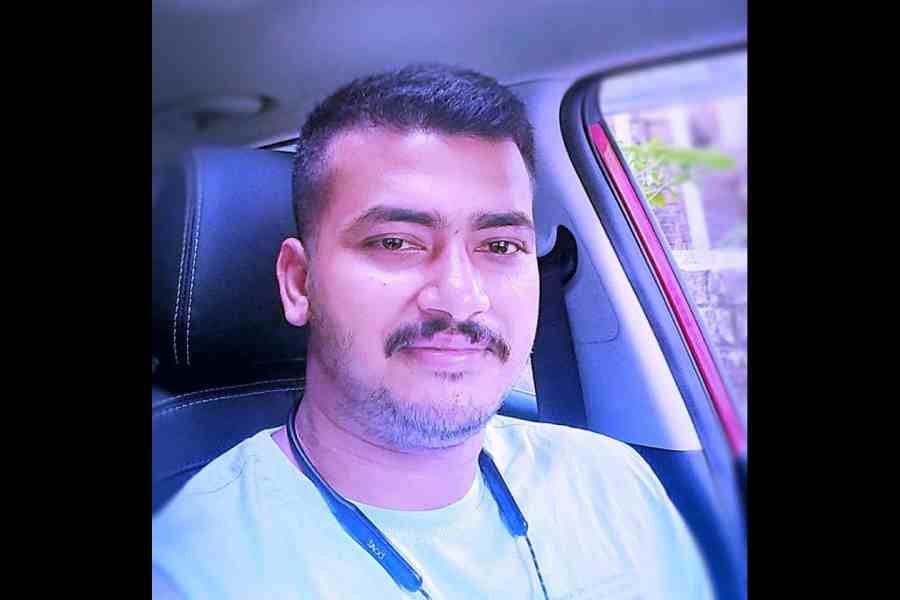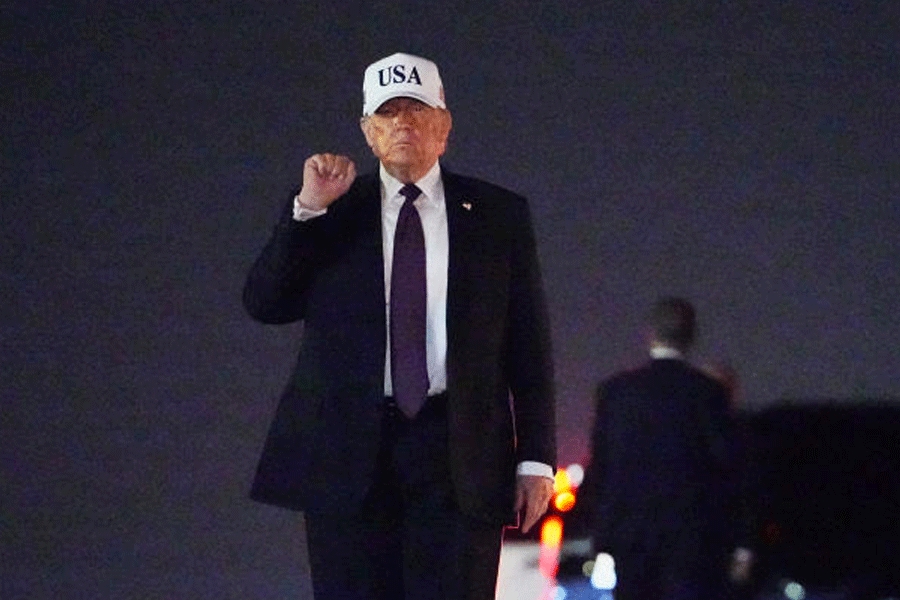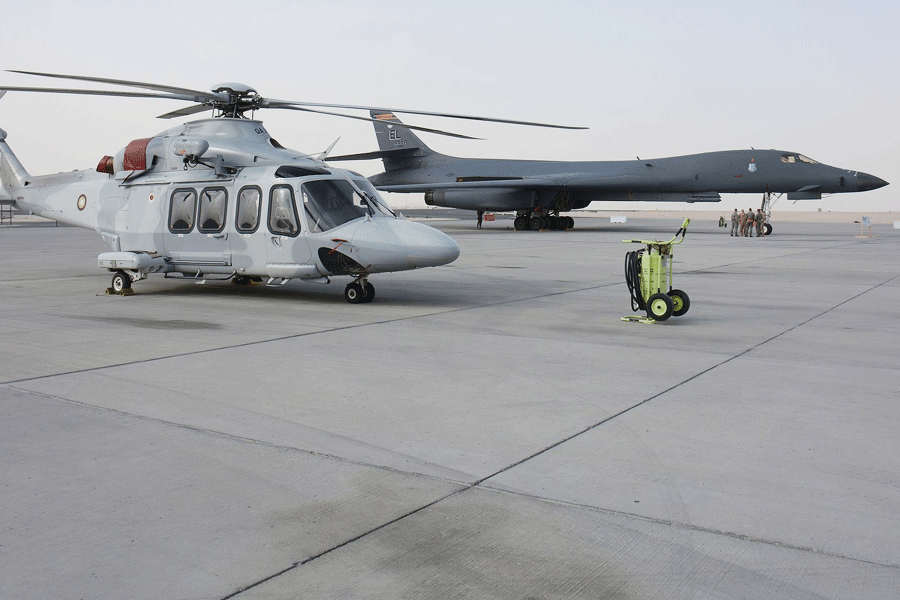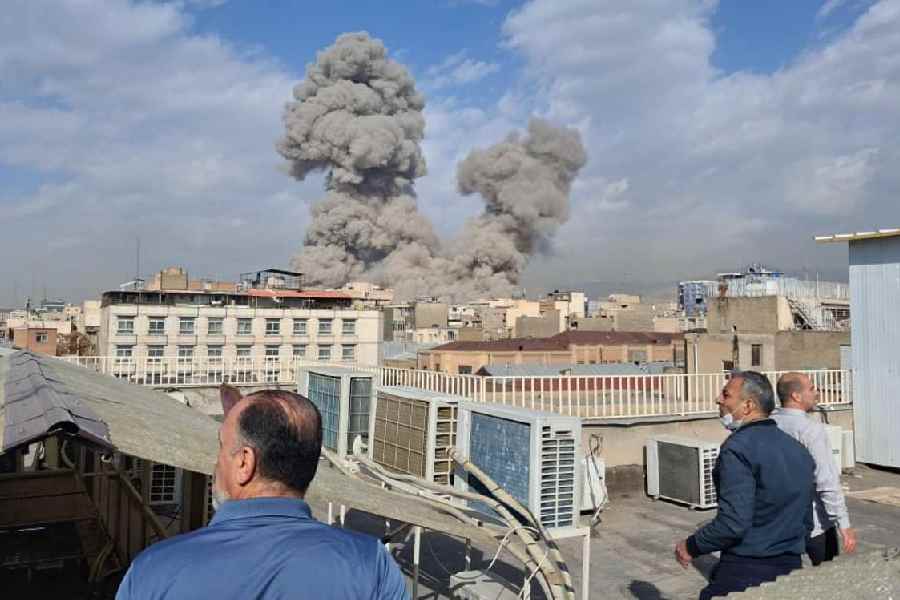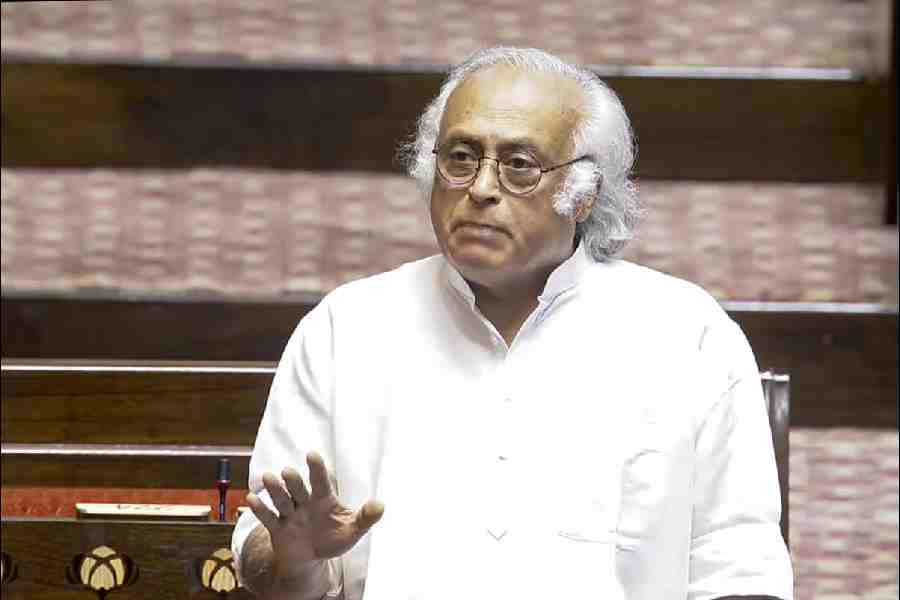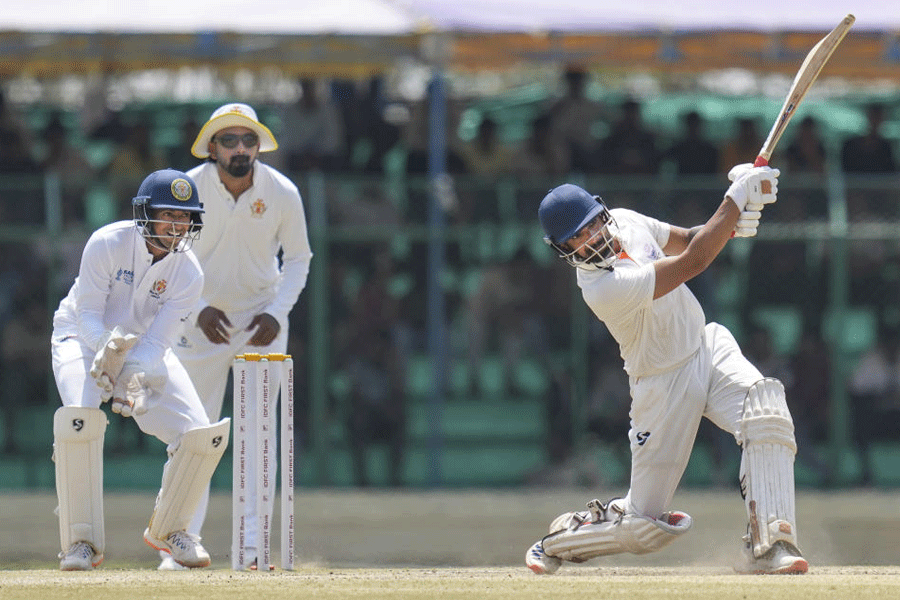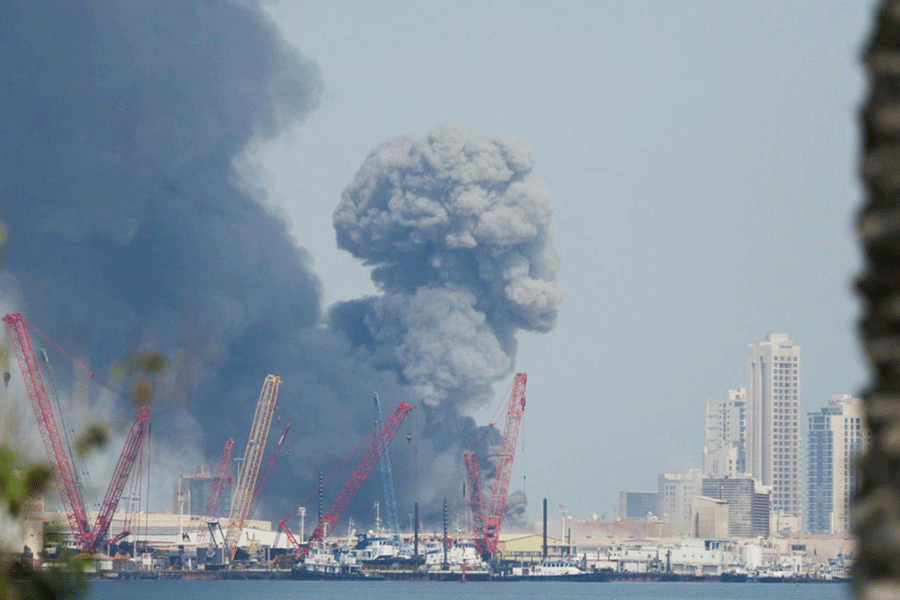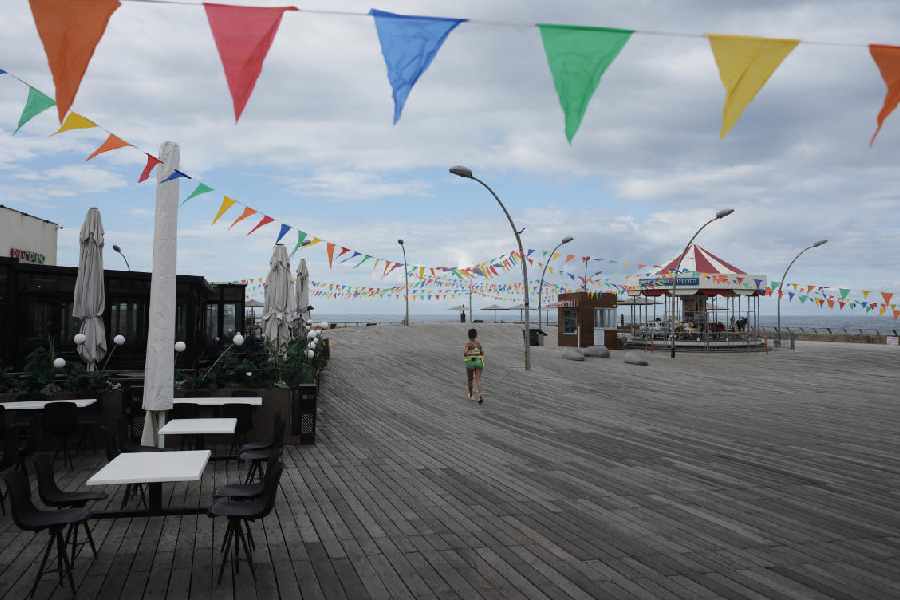Caught in the Israel-Iran crossfire, a resident of Nadia’s Chakdaha working at Bnei Brak, around 5km from Tel Aviv, is adjusting to a new reality as his anxious parents back home pray for the safety of their only son. Subir Mondal spoke to Subhasish Chaudhuri of The Telegraph over the phone from Tel Aviv on Wednesday to recount how he was steeling his resolve to stay put for a stable future amid the sounds of sirens and missiles.
Excerpts from the conversation:
Life has taken a turn I could never have imagined. As a young man from a remote village in Bengal’s Nadia, the thought of living through missile attacks in a foreign land was beyond my wildest imagination. Just a few months ago, I was working as an on-call driver, trying hard to secure a stable job. I had learnt driving early in life and had used that skill to find work in Dubai as a driver. But I returned to my village at Kalibazar in Chakdaha two years ago, hoping to stay closer to my ageing parents.
Before leaving for foreign shores once again, I had tried to find a job in India, particularly in the police force, which had always been my first choice. I trained hard and prepared myself physically, but nothing worked.
In March this year, I landed a job with a construction firm in Tel Aviv. Like many Indians, I had heard about Israel’s long-standing conflicts, especially the tension with Gaza.
I knew the country was always on a state of alert, and that people there had grown used to living under the constant threat of war. But I never imagined I would find myself in the middle of something as grave as the current crisis with Iran.
I landed in Tel Aviv on April 28 when tensions were already simmering. After a few days, I was transferred to Bnei Brak, a densely populated city just 5km from Tel Aviv. Known for its large ultra-Orthodox Jewish community, Bnei Brak is a deeply religious city, rooted in the values of Haredi Judaism. Life seemed peaceful at first. But that sense of calm was shattered on June 13 when Israel launched a surprise attack on Iranian military and nuclear facilities.
Iran retaliated with missile strikes. For the first time in my life, I saw missiles flying overhead. It was a scary experience. For Israelis, it seemed routine, but for me it was a moment of awe and fear. What struck me most was the efficiency of Israel’s air defence system that intercepted and neutralised almost every missile before it could cause any damage. Even amid such tension, people around me went about their lives with remarkable calm. There was no panic, no chaos — only a brief disruption when the sirens wailed to signal an imminent missile strike.
That siren, followed by an emergency alert on mobile phones, is a uniquely Israeli system. The phone alerts not only warn of an incoming attack but also specify how many missiles may be heading towards the area. I’ve now become accustomed to rushing to nearby bunkers whenever the siren sounds. We usually get a five to seven-minute window to seek shelter. Every building here has a bunker — heavy, concrete-reinforced shelters that are designed to withstand serious attacks. Just last week, a missile hit some buildings in our vicinity, but the bunkers remained unharmed.
One night at 3am, I was jolted from my sleep by a sharp alarm on my phone. I rushed to the bunker beneath our building. These shelters can accommodate up to 50 people. Once, while travelling by bus, I had to take shelter in a roadside hospital when the siren went off. These brief moments of panic have become part of life now, but they no longer shock me.
Though I’ve adjusted to this new reality, the fear never quite goes away. What haunts me the most are the phone calls from home. My father is anxious about my safety. I speak to my parents regularly, but I avoid going into the harsh details. As their only child, I feel a deep responsibility not only to stay safe but also to support them financially. I’m facing challenges I never thought I’d encounter, but turning back is not an option.
Every morning, I wake up early and head to my worksite — a school construction project — by bus. Our shift begins at 7am and usually runs for 12 hours. But because of the conflict and the occasional suspension of public transport in the evenings, our working hours have been reduced to eight. I work as an operator of a soil-levelling machine. The threat of war has disrupted work at times, especially when public transport is halted during missile alerts. On some days, we’re sent home early to avoid the risk of being stranded during an attack.
Despite everything, Israel hasn’t imposed blackouts or severe restrictions on movement. Power cuts are rare — I have experienced just one so far on a day when a missile struck about 600 metres from our apartment, damaging the power lines and leaving us without electricity for the rest of the day. But even then, the city remained functional.
The health and emergency services here are extremely well-prepared. In our area alone, I’ve seen over 50 ambulances stationed and ready to respond. Fire services, too, are on constant standby.
I now share an apartment with four other Bengali men, of whom three are from Dhantala in Nadia. The fourth one is from Pall in North 24-Parganas.
Nobody knows what the next minute holds, but the harsh reality is that we can’t afford to go back. The job market in India — especially in Bengal — is too weak. Last month, I clocked in nearly 300 hours of work and earned good money, something I could never have managed back home.
There is no shortage of food or daily necessities here. Life goes on as usual. People remain calm, children go to school, shops stay open, and workers show up at construction sites, all under the silent watch of defence systems and missile interceptors. It’s a delicate balance between normalcy and war.
Despite the fear and uncertainty, I remain committed to this path. I came here in pursuit of stability and financial security. Until something better comes along, this is my life. I will continue to build not just buildings, but my future.

